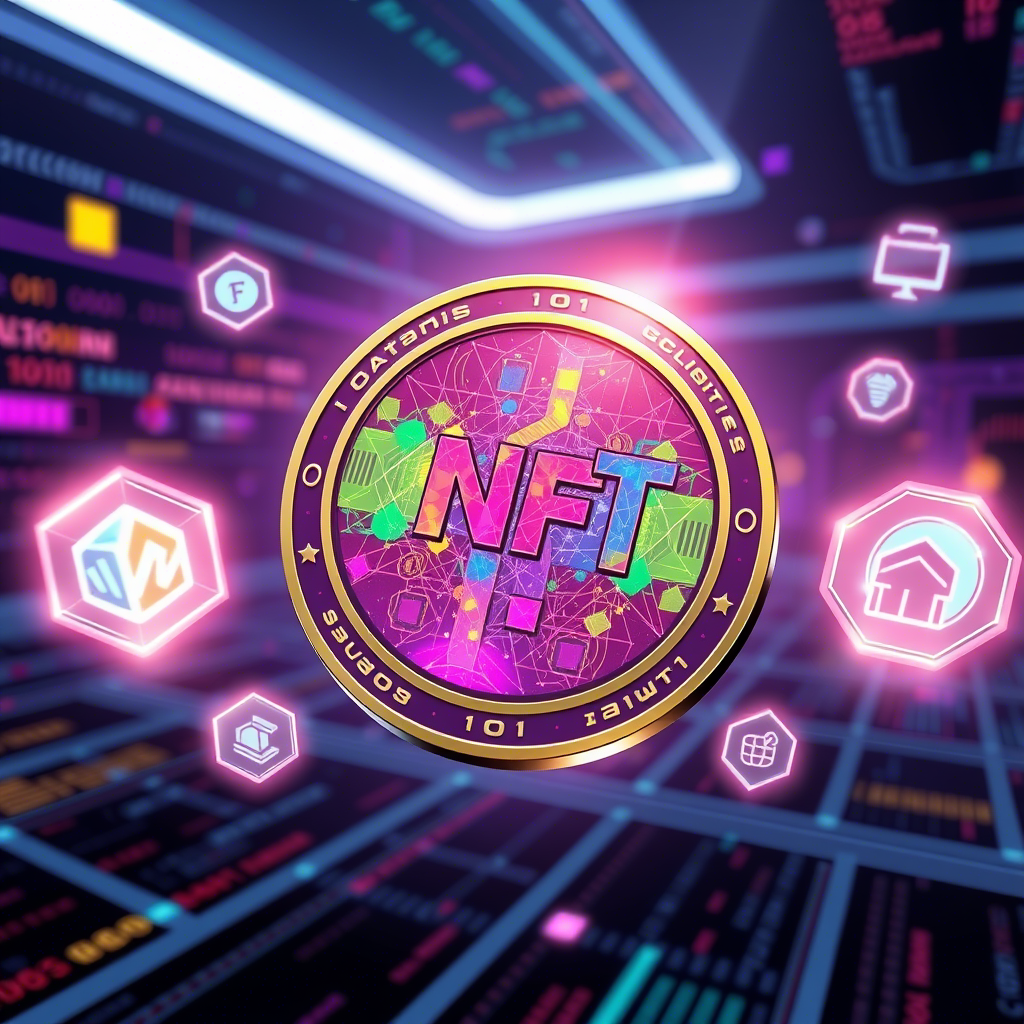NFTs (Non-Fungible Tokens) are unique digital assets stored on a blockchain that prove ownership of a specific item — such as art, music, videos, virtual real estate, in-game items, or collectibles.
🧩 Breaking It Down:
Non-Fungible = Unique, cannot be exchanged 1:1 like regular money or Bitcoin.(e.g., one Mona Lisa ≠ another painting)
Token = A digital certificate of ownership recorded on a blockchain.
🎨 Examples of What NFTs Represent:
| Category | Examples |
|---|---|
| Digital Art | Bored Ape Yacht Club, CryptoPunks |
| Music | Songs released as NFTs |
| Gaming | In-game skins, weapons (e.g., Axie Infinity) |
| Virtual Real Estate | Land in metaverses like Decentraland |
| Collectibles | NBA Top Shot, trading cards |
💡 Key Features:
- Proven Ownership – Stored on blockchain (usually Ethereum, Solana, etc.)
- Indivisible – Cannot be broken into smaller parts (like a Bitcoin can)
- Verifiable Scarcity – You can confirm how rare or common an NFT is
- Interoperability – NFTs can be used across different platforms (in games, for example)
⚠️ Risks and Considerations:
- High volatility in prices
- Many NFTs have speculative value (worth depends on demand)
- Scams and fake marketplaces exist
- Not all NFTs have real utility or long-term value
🏦 Real Use Cases Are Growing:
- Event tickets (as NFTs)
- Identity and credentials
- Real estate documents
- Exclusive community access
